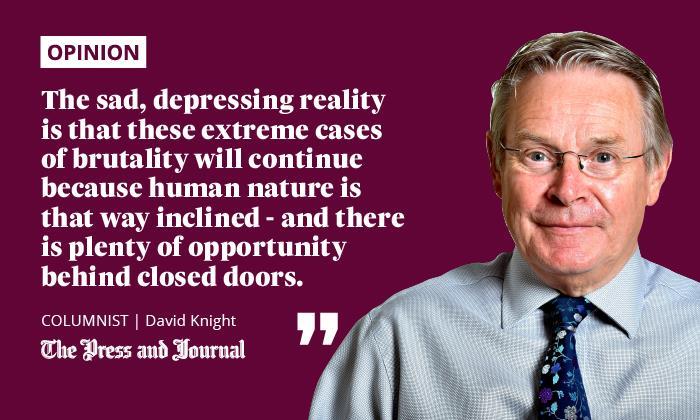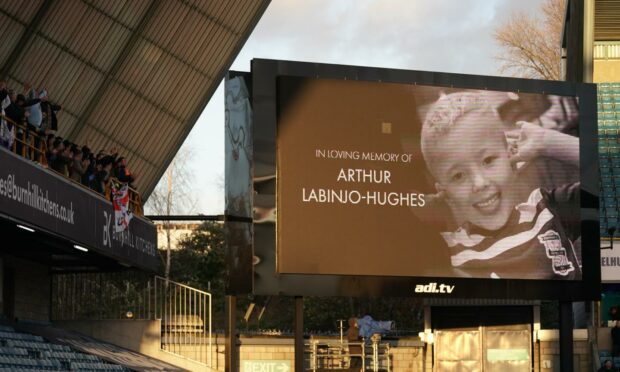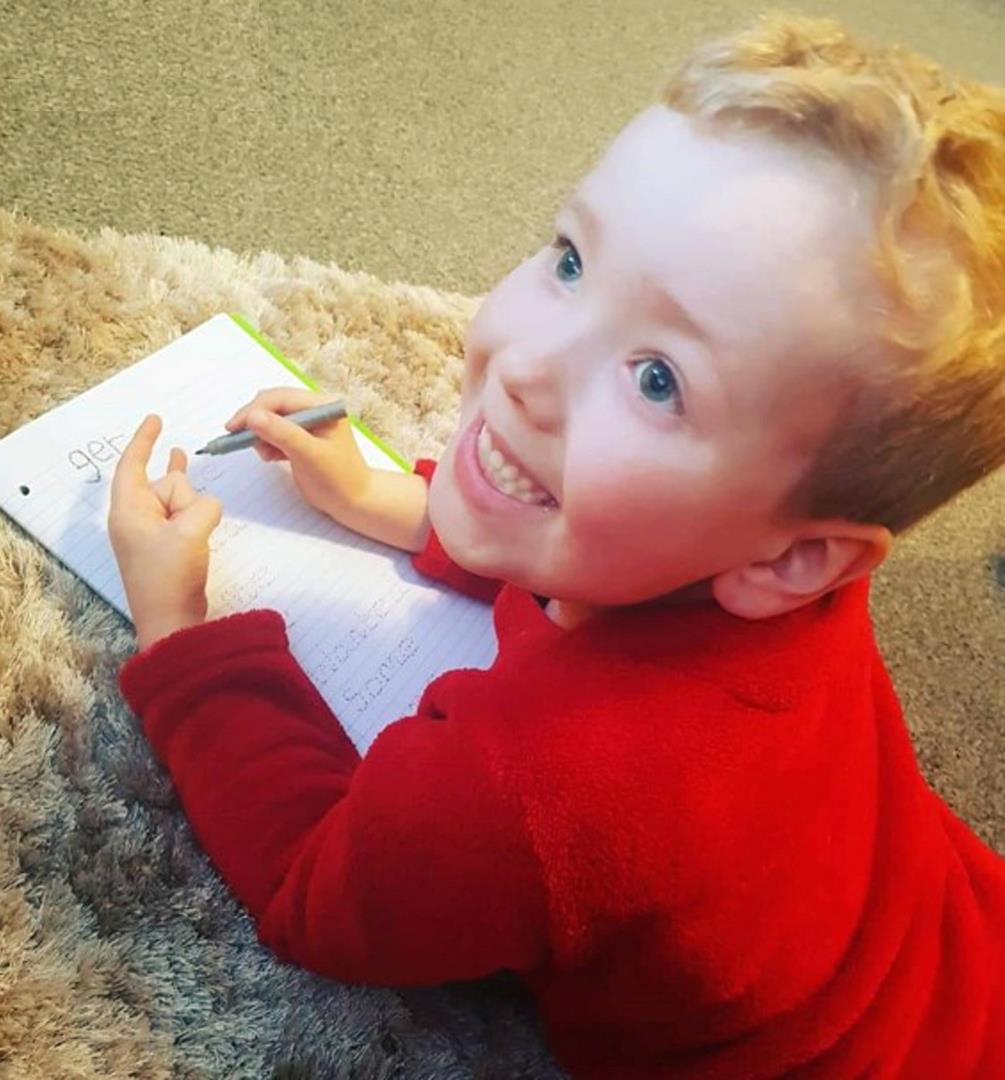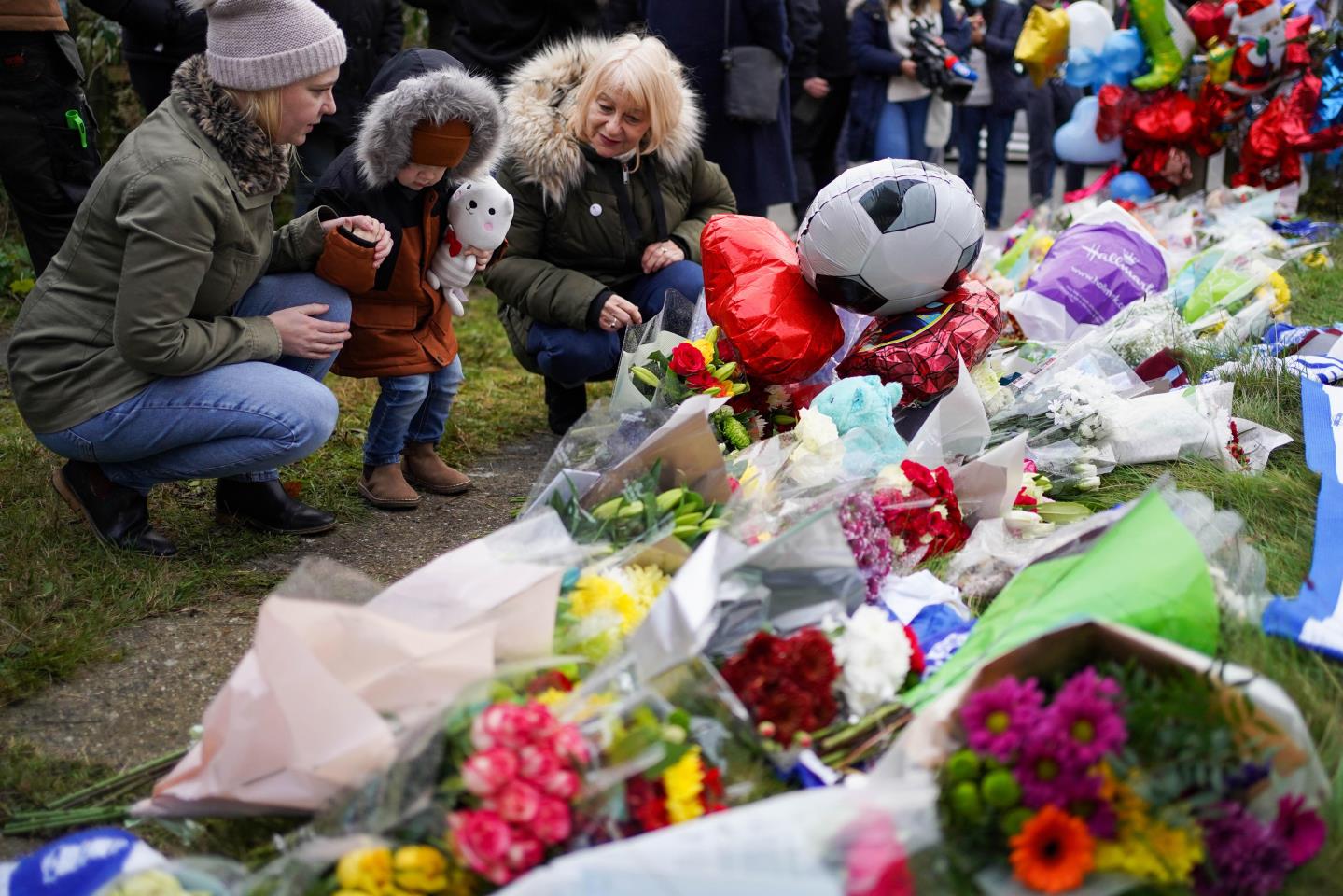Two haunting memories came to mind from my brief career as a volunteer telephone counsellor with troubled kids as the child-abuse murder of Arthur Labinjo-Hughes reduced us to tears.
It was Christmas and there was a distressed girl on the line, but she wouldn’t say much. It was not unusual for frightened callers to say little or even nothing at all, but a skilful counsellor could draw some into conversation.
She made a cryptic reference to sex being painful. I started to panic over the subject matter, but ran through a range of potential scenarios.

Maybe it was a straightforward sex education thing, but a man of mature years on the end of the line was perhaps the last thing she needed. A female counsellor was also on duty and might be easier to chat with? She seemed OK with that.
Unfortunately the other counsellor was tied up on a call, so I tried to keep the girl on the line for a few seconds longer.
Suddenly, she broke the silence: “I’ve been raped.” And she hung up. It was a bolt from the blue.
Some callers were not always genuine, some might not actually present with the real issue – possibly a trial run to test the service. But my gut feeling was that this was genuine. I still think about it years later and wonder what became of her.
I also pray she rang back and managed to speak to a woman counsellor. There was no way of knowing for sure, as callers were anonymous to protect identities.
What hell are some children enduring?
The other incident was a call from a young boy.
He said absolutely nothing. He just sobbed and sobbed for several minutes without saying a word.
I exhausted my repertoire of ice-breakers, but failed to get him to talk. The line went dead.
What was going on in his life? What hell was he enduring?
It reminds us how many more kids are locked away right now, in hidden worlds of physical, sexual and psychological abuse. Christmas offers them no respite.
Sometimes I shudder at the thought of coming back to a different life and finding myself at the mercy of psychopathic parents.
Praise is deserved but failures can’t be forgotten
I was only engaged in this work for a couple of years, but my admiration for those modest heroes who are doing it today burns brightly. They have only seconds to win the confidence of scared young callers and offer some light in their dark world – even a possible escape route.
It’s the things which go wrong that should concern us most, especially in this line of work, where consequences are fatal
I heard a woman on the radio the other day, the lead voice for directors of social work, defending frontline social workers in the wake of Arthur’s case. On one level, it was depressing and familiar: a thankless impossible job, “lessons will be learned”, unbearable caseloads, and so on.
We’ve heard the same thing for the past 30 years, but it keeps happening.
The spokeswoman called valiantly for professional social workers to be praised for all the times they get right. The trouble is, it’s the things which go wrong that should concern us most, especially in this line of work, where consequences are fatal.
But, also, praise the support role of volunteer counsellors in charity child protection who have intervened to help countless kids – and maybe saved their lives.
We demand that multiple inquiries highlight what went wrong, improved operational methods, more cash for training and the need for extra social workers.
There’s a balance to be struck over child protection policy
Some would call for even more far-reaching controls over parents, but look at the outcry over the SNP’s bungled and abandoned Named Person project – a mandatory appointed guardian for every child in Scotland. It raised the spectre of innocent parents’ lives being ruined. A Supreme Court judge blocked and dismissed it as a human rights threat akin to a “totalitarian state”.
When social workers go into the most chaotic and deprived homes, two worlds collide
There is a difficult balance to be struck over child protection policy, and for social workers over removing children from their homes. But the sad, depressing reality is that these extreme cases of brutality will continue because human nature is that way inclined – and there is plenty of opportunity behind closed doors.
When social workers go into the most chaotic and deprived homes, two worlds collide. They are driven by a humane desire to build relationships with families most at risk and restore some semblance of normal decent behaviour. They embark on a hazardous journey.
Sadly, some of the worst and most cunning child abusers seem adept at taking them for a ride while covering their own bloodstained tracks – until it’s gone past the point of no return.
David Knight is the long-serving former deputy editor of The Press and Journal


